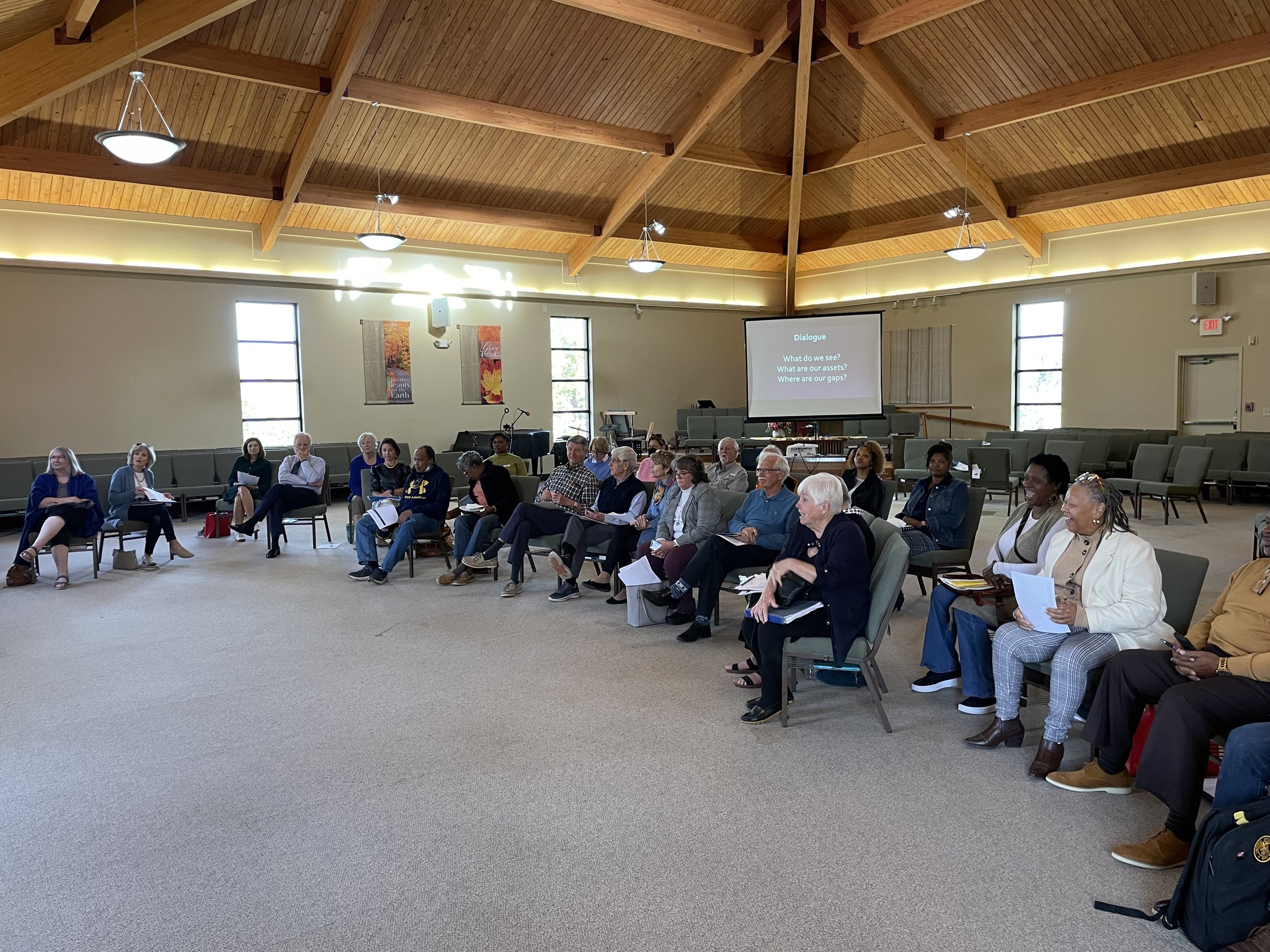
-
Our mission is to end child poverty in Spartanburg, South Carolina, by mobilizing local resources, faith communities, and being with people experiencing poverty. Our vision is to build a strong community of connection and sharing, where families support one another, and all children can thrive together.
-
Our work is both pastoral and congregational, rooted in faithful presence. We stand in community with people living in poverty, listening and walking alongside them. We advocate together with those affected, amplifying their voices and needs. We are intentionally creating a culture of connection, mutual support, and generous sharing so that all may thrive.
-
We are a group of congregations working together under the leadership and guidance of Rev. Scott Neely.